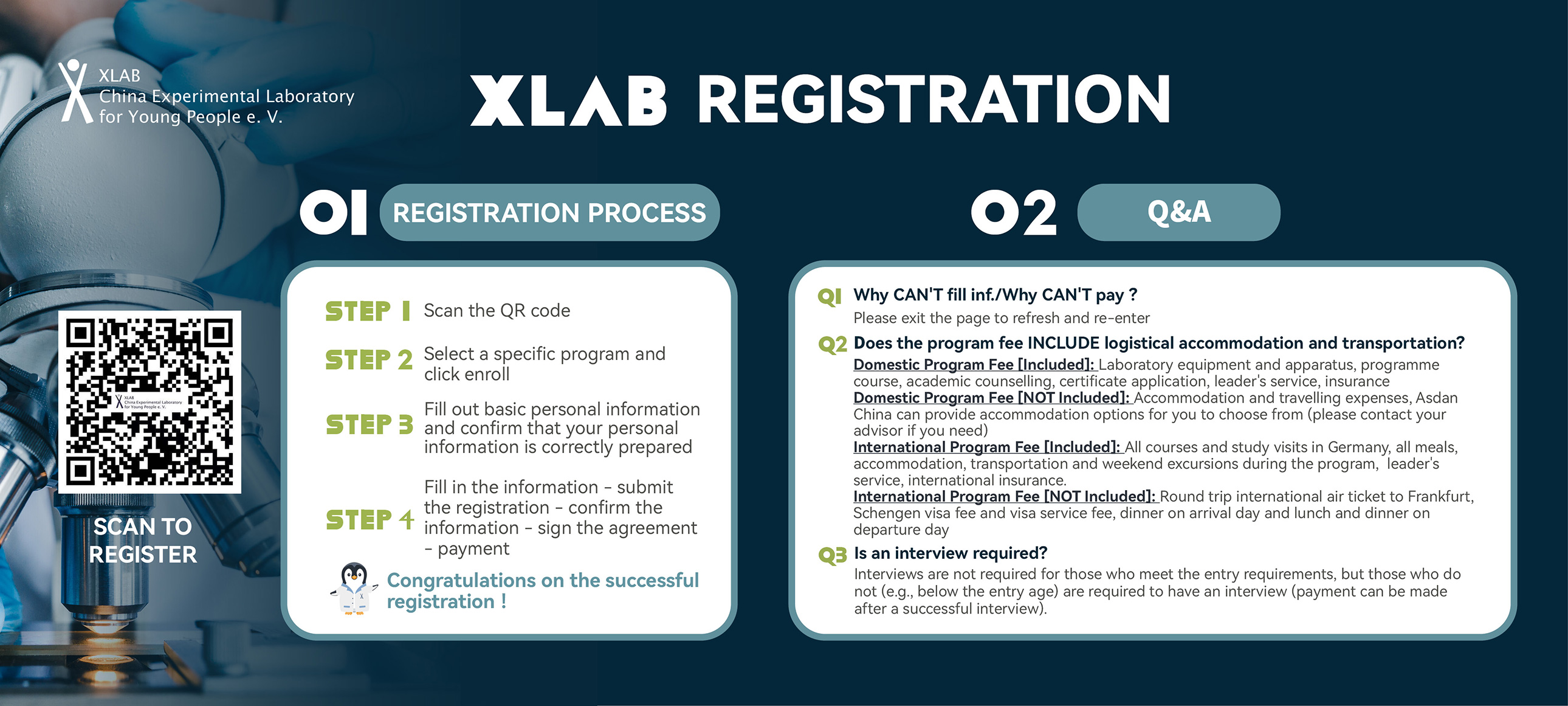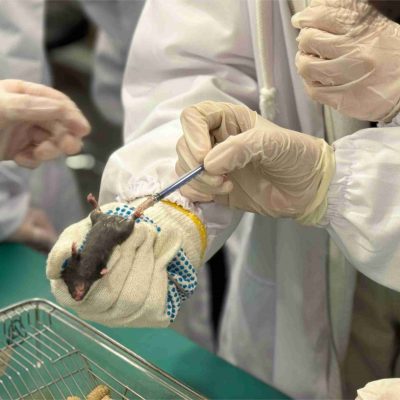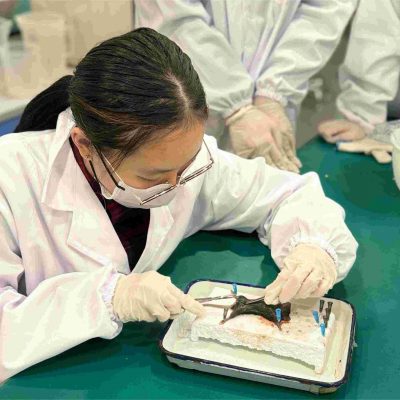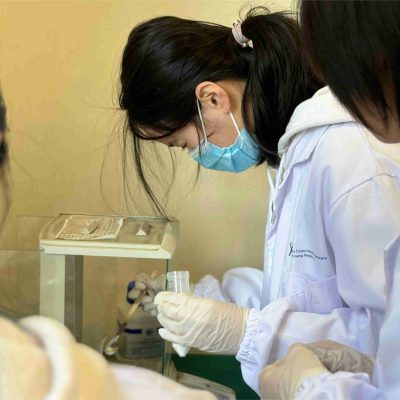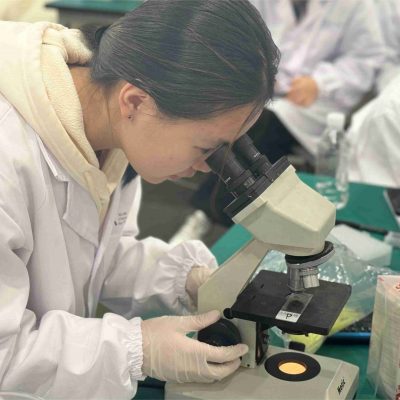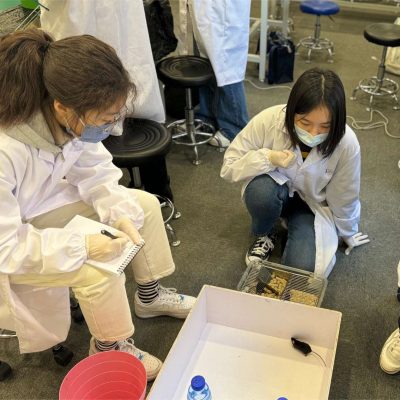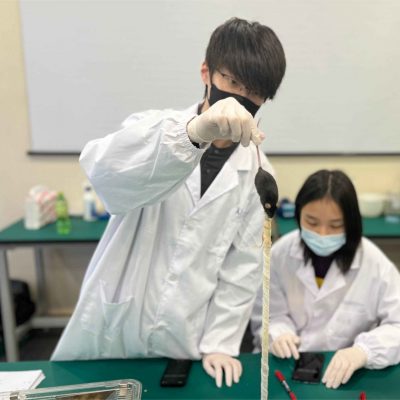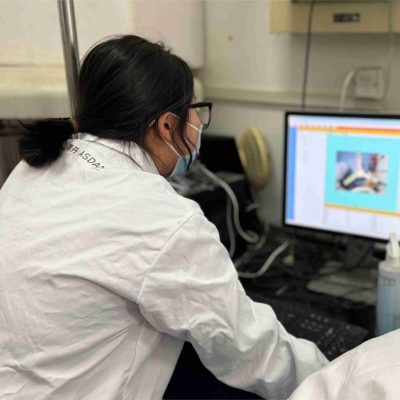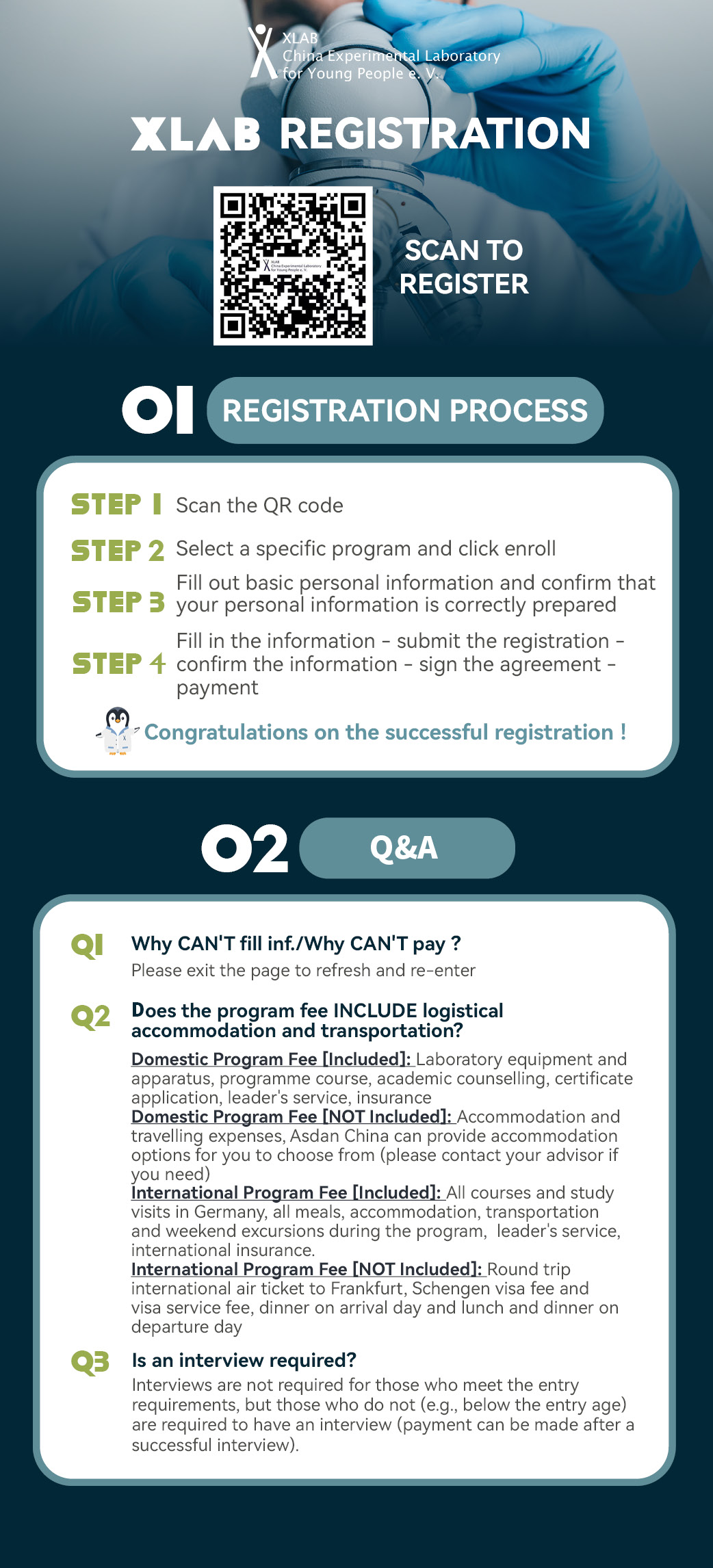Behavioral & Pathological Mechanisms of Neurodegenerative Diseases
 Beijing
Beijing
Date:【Christmas】 Dec.26th - Dec.30th, 2025丨【Winter】Feb.07th - Feb.11th, 2026丨【Winter】Feb.22nd - Feb.26th, 2026
Subjects: Biomedicine, Biology, Medicine, Neurosciences, Pathology

Alzheimer's disease (AD) and Parkinson's disease (PD) are the most common degenerative diseases of the nervous system that occur in the elderly. The main clinical manifestations of PD are progressive memory impairment and other neuropsychiatric symptoms, which can have a severe impact on the social, life and work life of the patient.
The program invites front-line scientists from national research institutes and universities in the field of neuro-behavioral sciences to lead students in learning the basics of neurobiology, as well as professional animal models and advanced instrumentation.
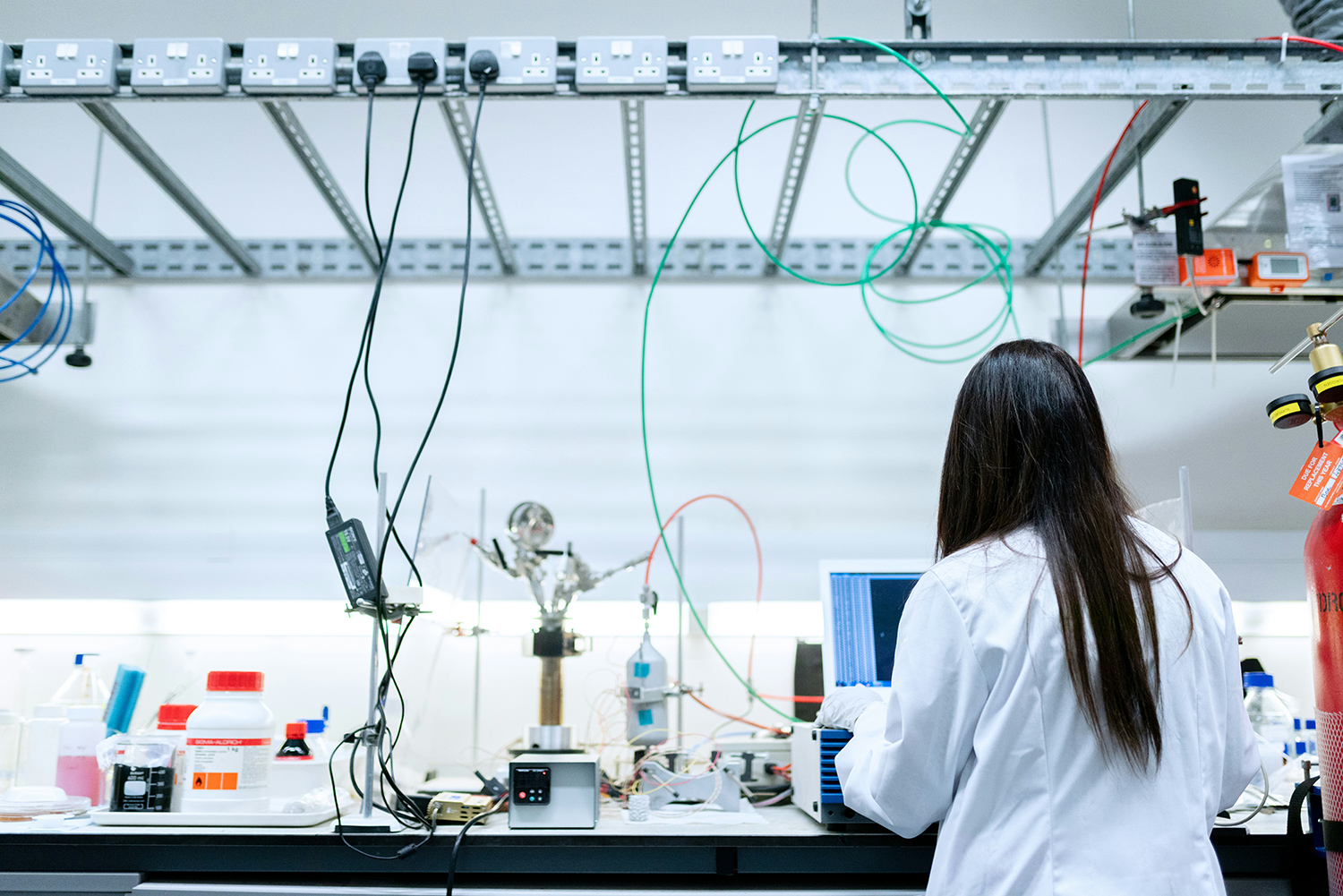
Teaching Faculty
Experts in Neuroethology from national research institutes are specially invited.
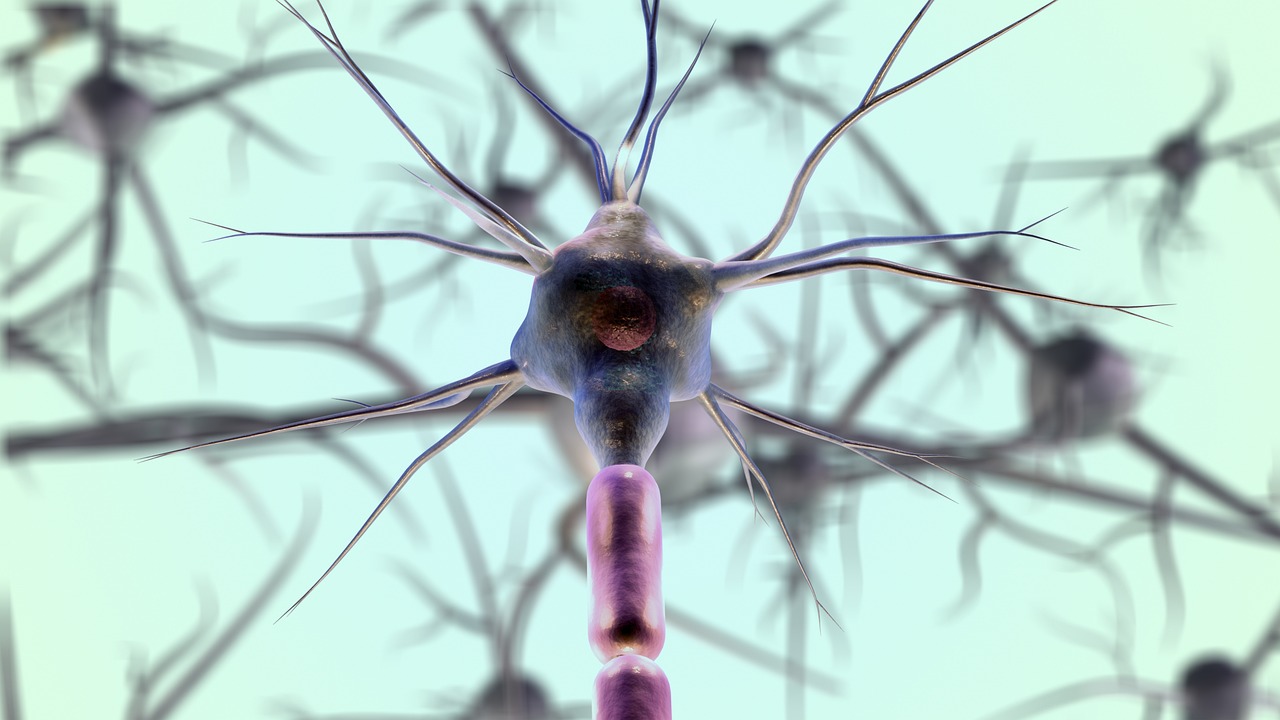
Cutting-edge Topics
Systematically learn the basic knowledge of modern neurobiology and principles of behavior in small animal models.

Real Lab Practice
AD and PD mouse model cognitive behavior assessment, motor nerve-muscle ability test, etc.

Outcome Application
Research outcomes for solving the issues of the modern aging society.
Main Experiments
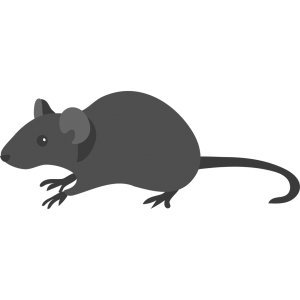
Transgenic Mice
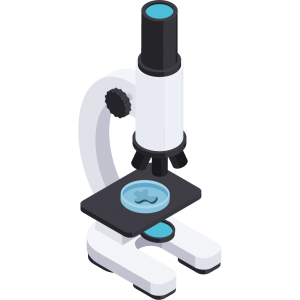
Observation of Pathological Sections
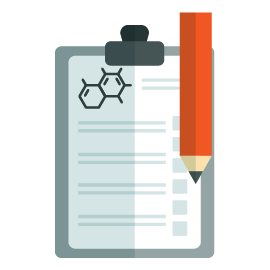
Evaluation of Cognitive and Motor Behaviors
Elisa
Transgenic Mice
Observation of Pathological Sections
Evaluation of Cognitive and Motor Behaviors
Elisa
Certificates
).png)
CERTIFICATE OF ASDAN SCIENCE
ASDAN SCIENCE SHORT COURSES CREDIT ACCREDITED BY UCAS
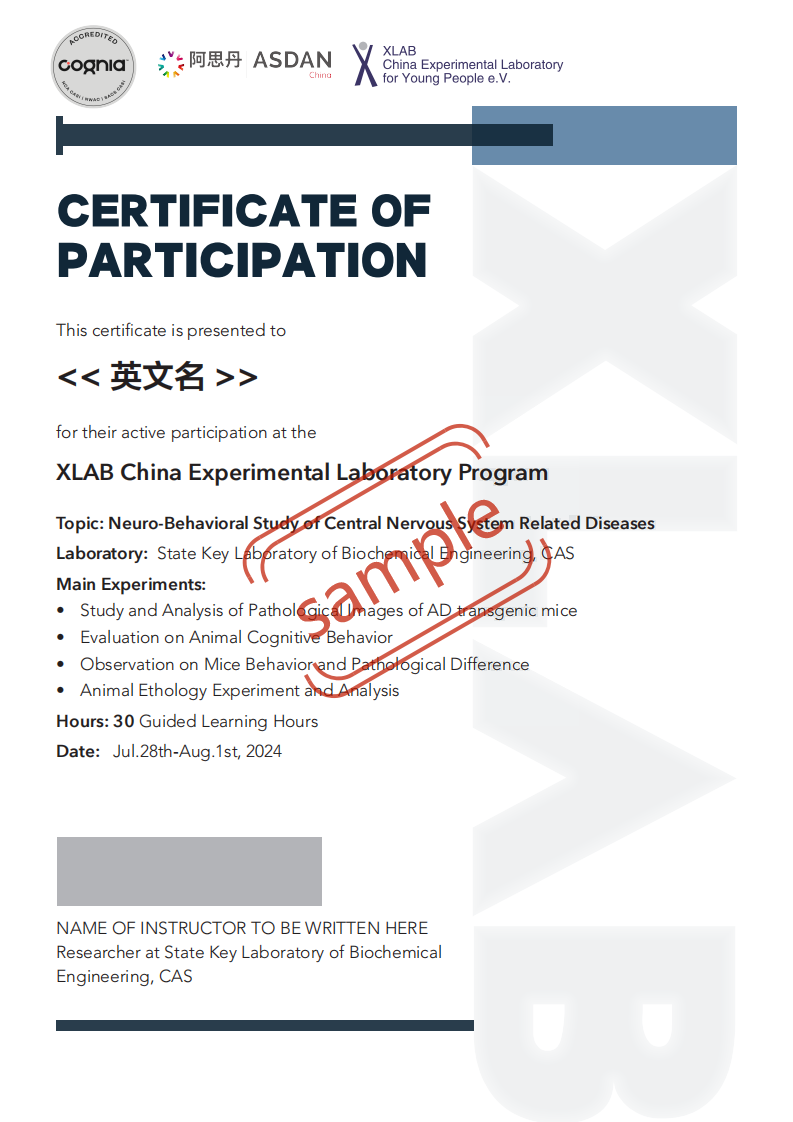
CERTIFICATE OF COMPLETION ISSUED BY XLAB CHINA

Feedbacks
-

I gained a lot from this program. Firstly, I have learned about the importance of teamwork. One person cannot complete many experiments, such as suspension and hanging rods. It is impossible to catch mice and record data simultaneously without teammates. The final presentation and the rigor in conducting experiments were also crucial. During the Elisa test, we dropped the plate multiple times, leading to inaccurate results that can also be caused by subjective factors in counting the mice's exploration times. Besides, the mistake setting of the first or the second gear would also lead to serious errors when using a pipette.
We dropped the plate multiple times during the ELISA experiment, leading to inaccurate results. In the novel object recognition test, subjective factors in counting the mice's exploration times caused discrepancies in the results. Additionally, I learned how to use a pipette properly. Initially, not distinguishing between the first and second gear led to significant errors. This experience gave me further insight into the tasks I will undertake in my future study abroad program.—— Beijing Luhe International Education Academy, Student Peng

-

In this XLAB program, I experienced many experiments that significantly broadened my horizons and taught me much knowledge in fields I had never been exposed to. Among them, what left me the deepest impression is the Elisa test. We first learned the principle of Elisa, which I found somewhat confusing then. After class, I looked up a lot of information and took many notes. When we discovered erroneous data, I learned to search online for possible causes of errors and to compare these with our experimental process. Despite difficulties, I still felt a sense of achievement in scientific research. I also learned how to use experimental tools correctly and process data using Excel when doing mouse behavior experiments. Before coming to XLAB, my target major was biomedicine. This experience deepened my understanding of theoretical knowledge and gave me a practical insight into the lives of scientists I greatly admire and aspire to emulate. Thus, biomedicine has been an unwavering companion and a pursuit in my future study and career.—— Ealing International School, Student Li

-

I had only learned theoretical knowledge before in school. This is my first time experiencing the allure of chemical reactions. Our instructors carefully explained the experiments, and we were guided step-by-step through them, which made the process very clear. It was a rare and vivid lesson, as we had the unique opportunity to catch mice, dissect them, and test serum protein levels—experiences we couldn't have had elsewhere. My target major is biochemistry, focusing on medicine, which aligns perfectly with our experiments. This experience gave me early exposure to the entire experimental process, making it very fulfilling. Although there were moments of monotony, the decisive goal orientation of the experiments made me understand what I was doing and what results I aimed to achieve. My progress from my first attempt at catching mice to confidently placing them in a box is significant. Moving from theory to practice has dramatically increased my interest in biochemistry.—— Hefei No. 1 High School, Student Wu

-
 It is a perfect experimental program organized by ASDAN China, no matter the daily experiments or the group discussion and analysis. Thanks to our instructors, teammates, and the program leader for creating a unique opportunity to meet in Beijing. We learned knowledge, explored exciting topics in biology, made good friends, and broadened our horizons, which have great value and significance for my future in-depth research in the biological field. I hope to participate in English-only research programs and engage in cutting-edge scientific discussions in international courses.
It is a perfect experimental program organized by ASDAN China, no matter the daily experiments or the group discussion and analysis. Thanks to our instructors, teammates, and the program leader for creating a unique opportunity to meet in Beijing. We learned knowledge, explored exciting topics in biology, made good friends, and broadened our horizons, which have great value and significance for my future in-depth research in the biological field. I hope to participate in English-only research programs and engage in cutting-edge scientific discussions in international courses.—— Shanghai United International School, Wanyuan Campus, Student Li

Photo Gallery
Why Us
History
XLAB has a 20+ year history. It was initiated by Professor Neher of the University of Göttingen in Germany and strongly supported by the German government and the University of Göttingen. XLAB, centered around high-end scientific experiments, is widely favored by over 10,000 students yearly. XLAB has established practice centers worldwide, aiming to expand this unique concept and teaching method to reach more students.
XLAB aims to enable more people to learn and experience the joy of science, encouraging them to explore the mysteries of science and consider how to use science to solve human problems. Therefore, XALB's subjects are generally more complex in physics, biology, or medicine. Instead, they focus more on interdisciplinary, cutting-edge topics such as genetic engineering, medical research, nanobiology, medical chemistry, high-energy physics, and more.
Subject
Experiment
Experiments are the core of the XLAB. Each participant can enter advanced laboratories to conduct safe experiments, analyze data, and write experiment reports. Over six hours of scientific research daily enhances students' scientific knowledge and logical thinking and cultivates concentration and endurance. Students will be able to experience the work content and status firsthand and consider whether to choose a research direction in future education.
The courses in XLAB are unique. They consist of four key modules: Subject Introduction and Program Thinking, Scientific Research Teaching, Laboratory Operations, Experimental Data Analysis, and Research Report Writing. All courses are taught in small groups of 10 to 25 students.
Course
Faculty
Experts are invited to design experiments and teach students since the topics and content of XLAB exceed the curriculum of high schools and are specialized in specific research areas. Relevant scientific research institutions support XLAB China and provide an in-depth academic experience for Chinese students based on its unique teaching methods and experimental requirements.
Two authoritative certificates are available: the XLAB Program Certificate of Participation, which details the experimental content and is signed by instructors. Students will complete an academic report containing experimental results and data analysis to apply for the ASDAN "Science Award" Certificate for 30 credit hours of study officially accredited by UCAS.
Certificate
Research
XALB provides invaluable research scenarios for students who plan or are currently engaged in natural science research-oriented learning, such as EPQ or scientific papers, to implement their research plans and participate in hands-on scientific research. Experimental reports can be considered as part of their research achievements.

